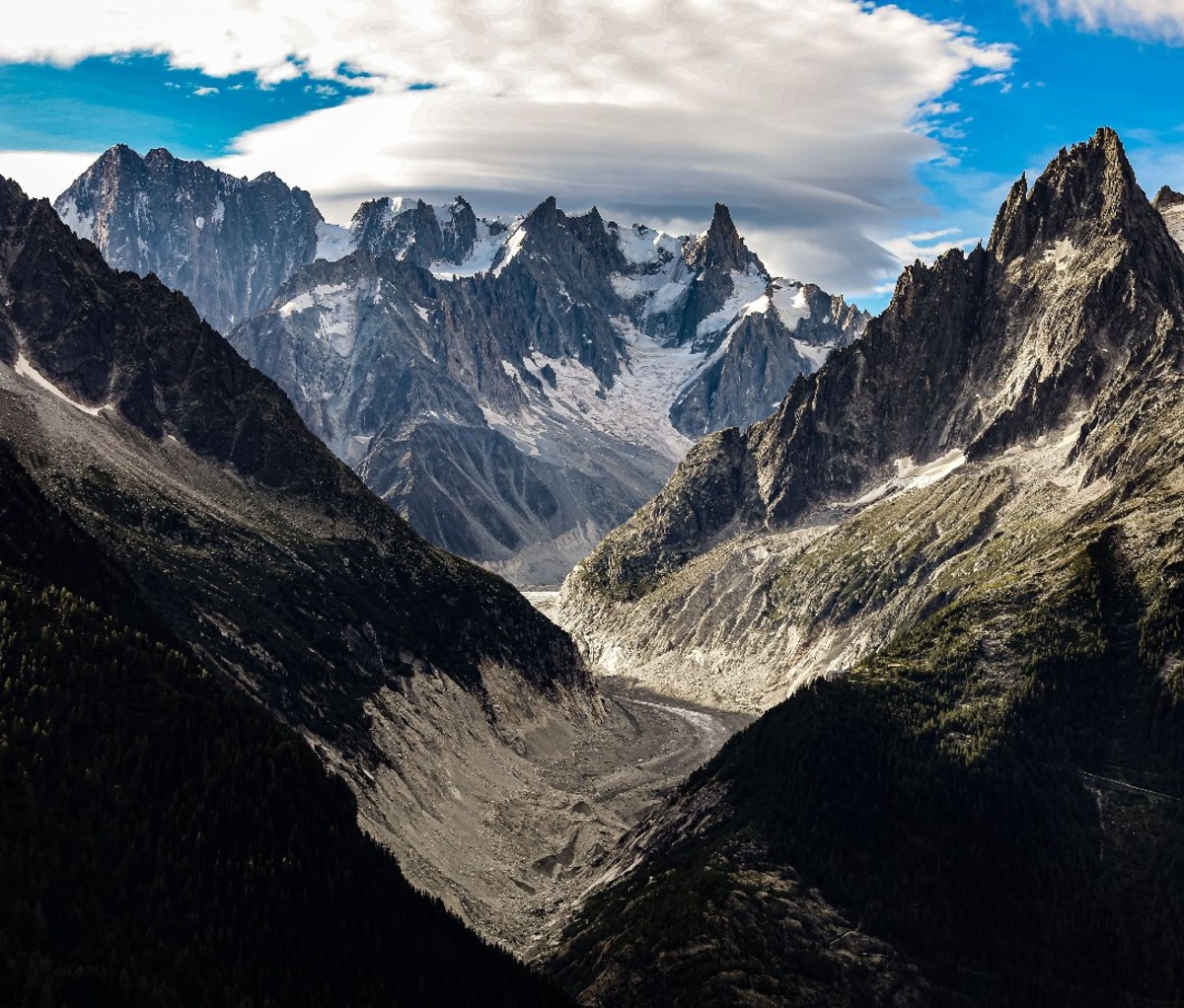The latest report by the United Nations Intergovernmental Panel on Climate Change (IPCC) was released earlier this week and the results, to put it bluntly, have been terrible. Compiled by 234 scientists, the report documents climate changes in every region of the world and states that some effects are irreversible over hundreds, perhaps even thousands of years. In a press release, UN Secretary General António Guterres said the report was a “Code Red for Humanity”. Here in the US we are already seeing severe effects of climate change from the west coast to the east. If you are looking for good news on climate change, you have to dig for it.
"It's only guaranteed to get worse," said Linda Mearns, a senior scientist at the U.S. National Center for Atmospheric Research and co-author of report to Associated Press. "where to run away, nowhere to hide."
Cleaning up after the floods in July in Bad Neuenahr-Ahrweiler, Germany. 189 people were killed in floods in West Germany. Sepp Spiegl / PHOTOWEB / SIPA / Shutterstock / Shutterstock
Why the Intergovernmental Panel on Climate Change
The IPCC was founded to provide governments with the scientific information they need to develop climate policies. It currently has 195 member countries. When the first IPCC report came out in 1990, one of the conclusions was that man-made climate change was about to become apparent. However, they couldn't confirm that it had already happened. w, five assessment reports later, the evidence is in. Scientists can now see how much the climate has changed since pre-industrial times, and they are sure that humans are the main culprit.
The main points of the report
The 3,000-page report is not exactly beach reading (the FAQs alone are 96 pages), but it does contain some important points.
The report points to carbon dioxide as the main driver of climate change. To a lesser extent, greenhouse gases such as methane and air pollutants are also to blame.
Due to climate change, we will experience a more intense rain cycle, according to the IPCC. Depending on where you live, more intense rainfall and flooding or severe drought can occur. In addition, precipitation will increase at higher latitudes, while it will decrease in subtropical areas.
Coastal areas will see sea level rise this century, leading to more flooding and coastal erosion. “Extreme sea level events”, which have devastating effects on coastal areas, used to happen every 100 years. The IPCC report says this could soon become annual events.
Warming temperatures will intensify the thawing of the permafrost, releasing more methane. In addition, it will lead to less snow cover, the melting of glaciers and ice sheets, and the loss of Arctic sea ice in summer.
Other changes that are expected to continue for the next 100 years and are linked to human impact include ocean heat waves, ocean acidification, ocean warming, and reduced ocean oxygen levels.
In cities, the effects of climate change can include hotter days and flooding due to increased rainfall. Meanwhile, coastal cities are faced with ever-rising sea levels.
"It has been clear for decades that the earth's climate is changing, and the role of human influence on the climate system is undisputed," said Valérie Masson-Delmotte, French climate scientist and research director for the French Commission on Alternative Energy and Atomic Energy and co-chair of the IPCC. Masson-Delmotte also called the report "a reality check".
Is there hope?
Bad as the report is, it is not hopeless. The report's authors believe that human actions can continue to have a positive impact on climate change in the future. Of course it takes a lot of strength and it won't be easy. The Paris Climate Agreement was passed in 2015 with the aim of keeping the global average temperature below 1.5 ° C (2.7 ° F), and six years later the temperature is already 1.1 ° C (2 ° F). We expect to exceed the 1.5 degree C mark in the 2030s. If global mean temperatures were to rise by 2.0 ° C (3.6 ° F), heat extremes would threaten agriculture and health.

France's largest glacier, La Mer de Glace, on the Mont Blanc massif. Scientists believe that due to climate change, the glacier may not last until 2100. KONRAD K / SIPA / Shutterstock / Shutterstock
“The stabilization of the climate requires a strong, rapid and sustainable reduction in greenhouse gas emissions and the achievement of net zero CO2 emissions. Limiting other greenhouse gases and air pollutants, particularly methane, could be beneficial for both health and the climate, ”said Panmao Zhai, a Chinese climatologist, general secretary of the China Meteorological Society and co-chair of the IPCC.
If you're interested in how climate change could affect where you live, the IPCC has created an interactive atlas showing the potential effects of climate change on temperature, precipitation, and more. Unfortunately, like the conclusions of the IPCC report, the future prospects shown on the map are currently not rosy.
Subscribe to YouTube for access to exclusive gear videos, celebrity interviews, and more!

